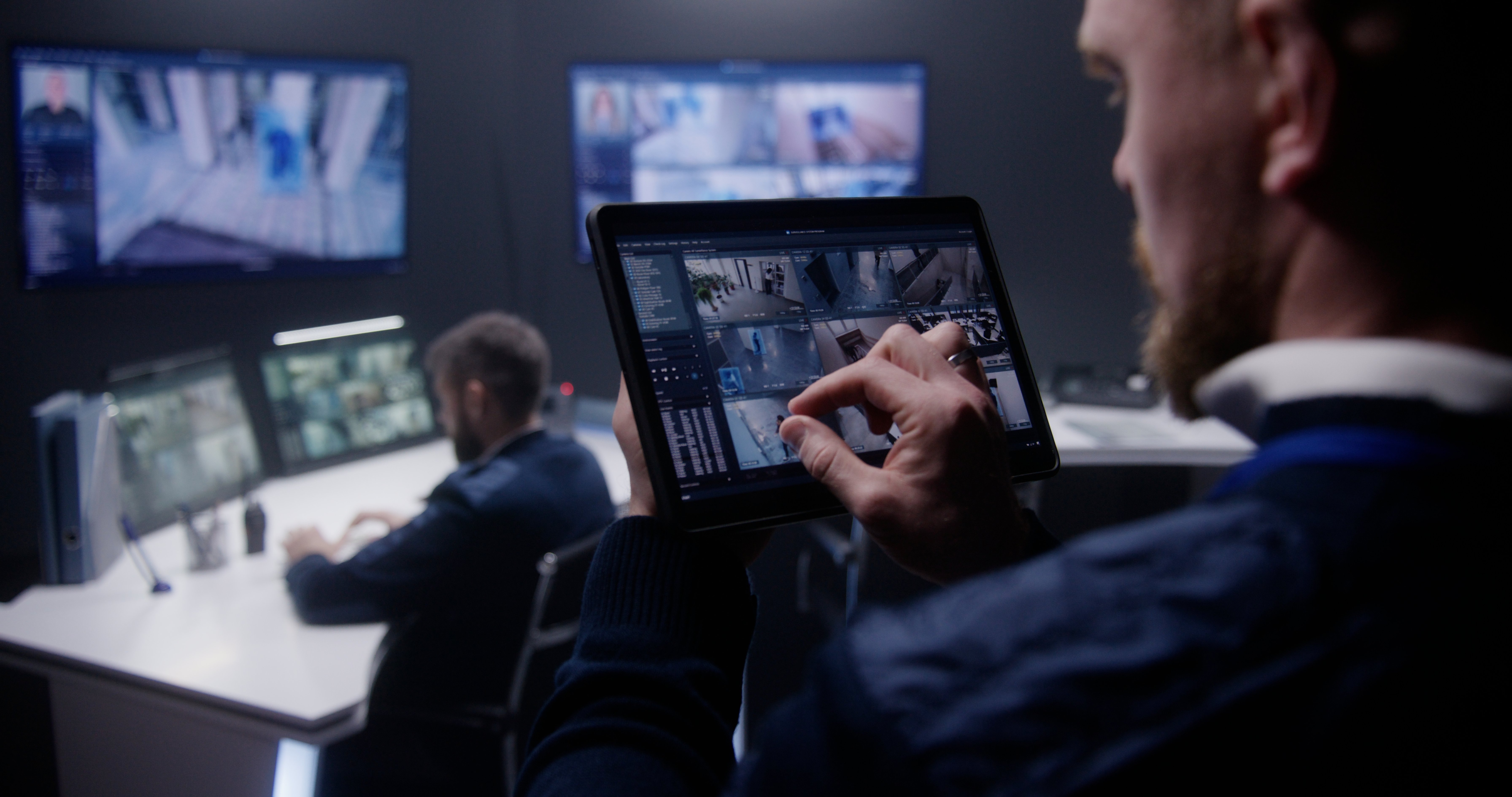
"Policing minister Sarah Jones confirmed the UK government is consulting on guidance on where, when, and how police forces can use LFR with publication due later this year. "What we've seen in Croydon is that it has worked," she told a fringe event at the Labour party conference on September 29, referring to the Met's installation of permanent LFR cameras in the town."
""We just need to make sure it's clear what the technology is going to be useful for going forward. If we are going to use it more, if we do want to roll it out across the country, what are the parameters?" she added. "Live facial recognition is a really good tool that has led to arrests that wouldn't have come otherwise and it's very, very valuable.""
"In August, the Home Office said that seven more police forces will start using ten new vans kitted out with LFR technology, in addition to existing use by the Metropolitan Police in London and South Wales Police. At the time it said the two forces have used LFR to make 580 arrests over the previous 12 months. Police forces currently use LFR in a relatively limited way, looking for matches with people on a watchlist rather than logging data on everyone who passes enabled cameras."
The UK government is promoting wider adoption of live facial recognition (LFR) by police across England and Wales and is consulting on guidance for its deployment, with publication due later this year. Croydon is cited as an example after the Metropolitan Police installed permanent LFR cameras following trials. The Home Office is funding ten new LFR-equipped vans for seven additional forces, adding to existing use in London and South Wales, with two forces reporting 580 arrests in 12 months. Current deployments generally target watchlist matches judged by officers rather than bulk logging, but experts warn of misidentification risks, particularly for black individuals, and incidents of people being stopped after matches have occurred.
Read at Theregister
Unable to calculate read time
Collection
[
|
...
]